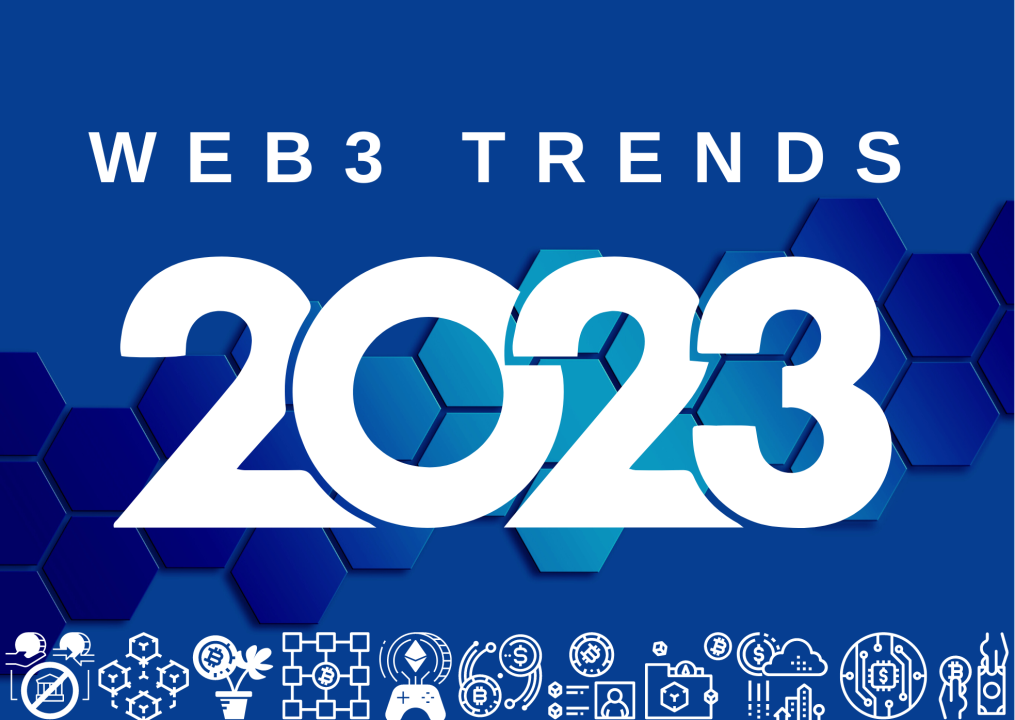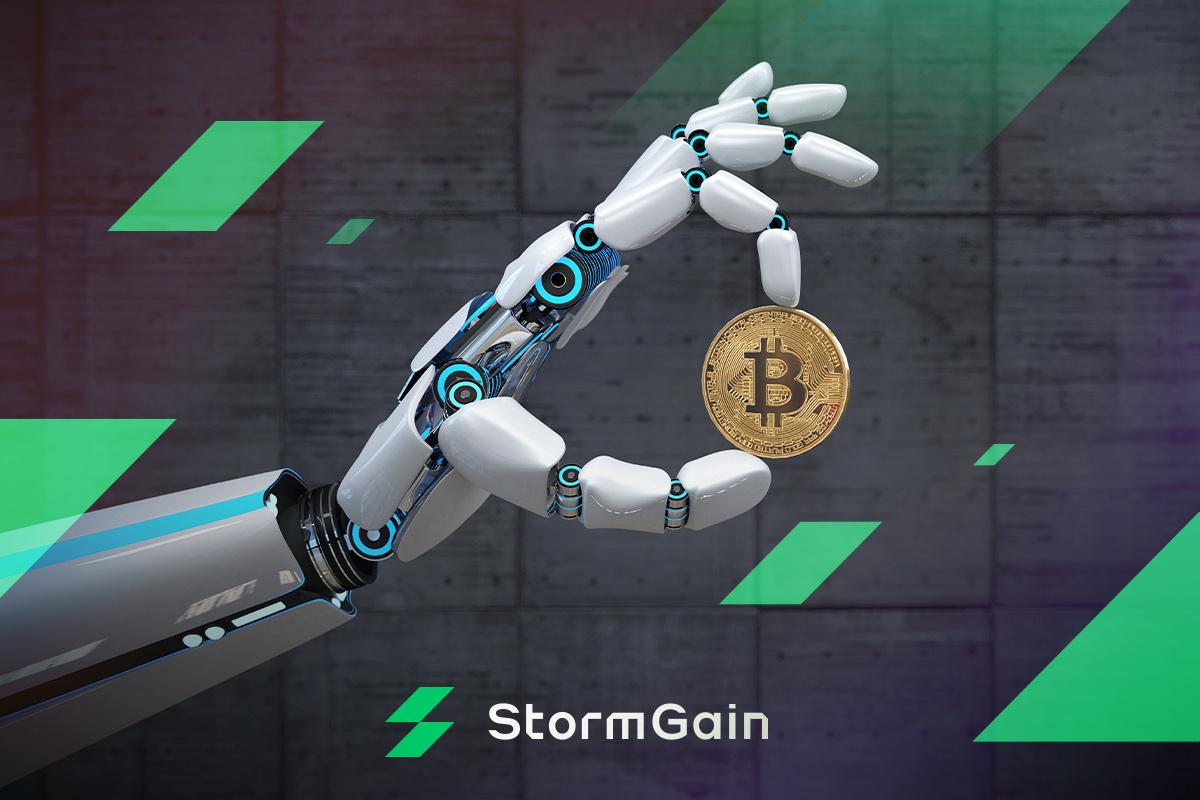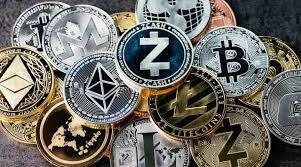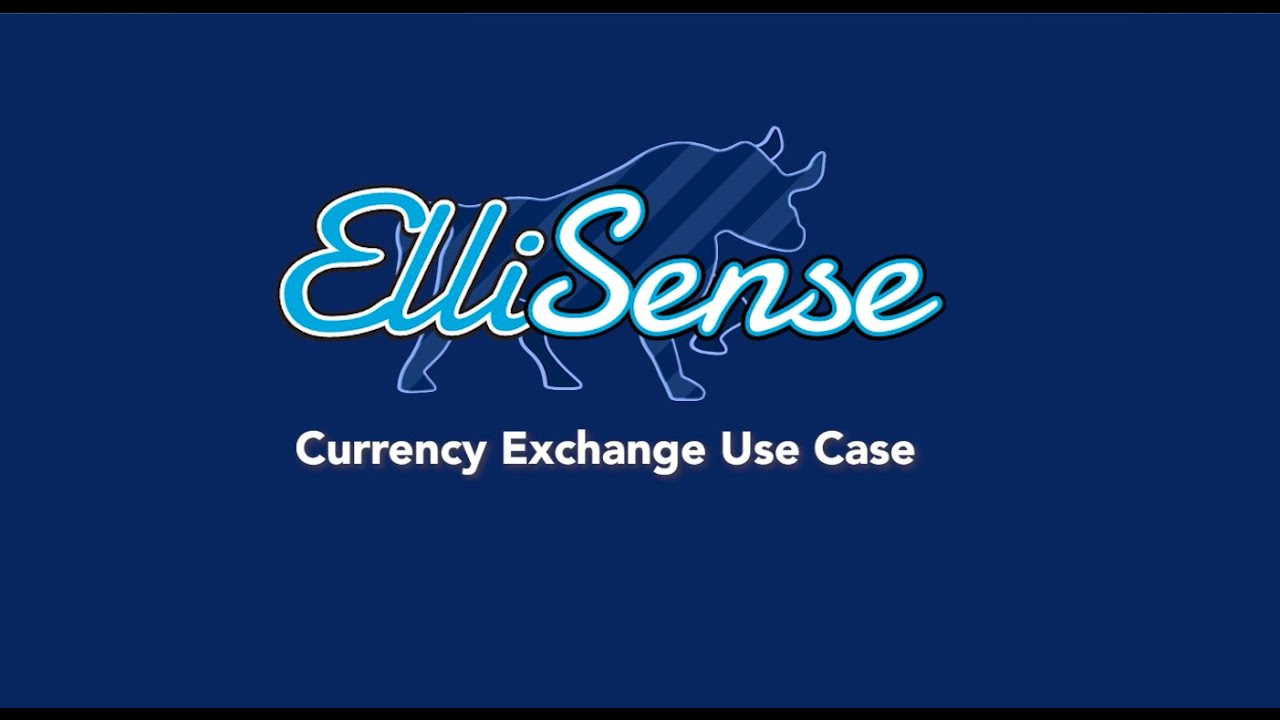Creating self-sovereignty in the creator economy and Web3 ? Is there room for both?
However, there are still a number of challenges that need to be addressed before Web3 can be widely adopted by Creating self-sovereignty.

Web3 is a new version of the internet that is based on blockchain technology. It promises to be more decentralized and secure than the current internet. This has led to many people believing that Web3 could be the ideal platform for the creator economy.
The creator economy is a term used to describe the growing number of people who are making a living by creating and selling content online. This includes bloggers, YouTubers, podcasters, musicians, and artists.
Self-sovereignty is the idea that individuals should have control over their own data and identity. This is particularly important for creators, who often rely on their online platforms to distribute their work and connect with their audience.
How Web3 can help creators achieve self-sovereignty
Web3 can help creators achieve self-sovereignty in a number of ways.
- Decentralization: Web3 is based on a decentralized architecture, which means that there is no central authority that controls it. This makes it more difficult for platforms to censor or deplatform creators.
- Data ownership: Web3 allows creators to own their own data. This means that they can choose how their data is used and who has access to it.
- Identity control: Web3 allows creators to control their own digital identity. This means that they can choose how they are represented online and who has access to their personal information.
Examples of creators using Web3 to achieve self-sovereignty
There are a number of creators who are already using Web3 to achieve self-sovereignty.
- NFT artists: NFT artists are using Web3 to sell their work directly to fans without having to rely on intermediaries such as galleries or auction houses.
- Musicians: Musicians are using Web3 to sell their music directly to fans without having to rely on intermediaries such as record labels or streaming platforms.
- Bloggers: Bloggers are using Web3 to create decentralized blogs that are not controlled by any central platform.
Challenges to creating self-sovereignty in the creator economy
There are a number of challenges to creating self-sovereignty in the creator economy.
- Complexity: Web3 is a complex technology that can be difficult for creators to understand and use.
- Lack of infrastructure: There is still a lack of infrastructure in the Web3 space, which can make it difficult for creators to get started.
- Regulatory uncertainty: There is still a lot of regulatory uncertainty surrounding Web3. This can make it difficult for creators to invest in and build on Web3 platforms.
Is there room for both self-sovereignty and the creator economy?
Yes, there is room for both self-sovereignty and the creator economy. Self-sovereignty is important for creators because it allows them to control their own data, identity, and work. The creator economy is important because it allows creators to make a living from their work.
Web3 can help creators achieve self-sovereignty by providing them with a decentralized platform to create and distribute their work. However, there are still a number of challenges to creating self-sovereignty in the creator economy, such as complexity, lack of infrastructure, and regulatory uncertainty.
Web3 has the potential to be a powerful tool for creators who want to achieve self-sovereignty. However, there are still a number of challenges that need to be addressed before Web3 can be widely adopted by creators.
Additional information
Here are some additional thoughts on the topic of self-sovereignty and the creator economy:
- The creator economy is still in its early stages of development. This means that there is a lot of room for innovation and experimentation.
- Web3 is still a new technology. This means that it is still evolving and there are many unknowns.
- The relationship between self-sovereignty and the creator economy is complex. There are many different ways that creators can use Web3 to achieve self-sovereignty.
I believe that there is a lot of potential for self-sovereignty and the creator economy to coexist and even thrive together. Web3 has the potential to give creators more control over their data, identity, and work. This could lead to a more diverse and innovative creator economy.
However, there are still a number of challenges that need to be addressed before Web3 can be widely adopted by creators. The cryptocurrency community needs to make Web3 more user-friendly and accessible. Governments also need to create clear and supportive regulations for Web3.
What's Your Reaction?
















